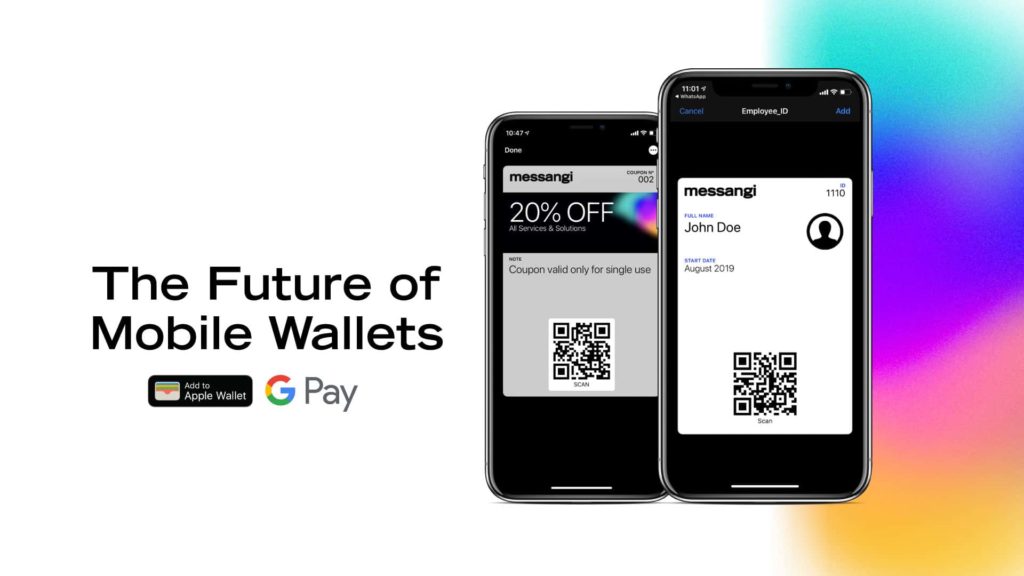In a world driven by instant communication, businesses always look for effective ways to stay connected with their customers. SMS notifications have emerged as one of the most reliable and efficient tools. Simple, direct, and fast, they deliver essential information to the customer’s mobile phone. But what exactly is an SMS notification, and why should businesses incorporate it into their communication strategy?

Understanding SMS Notifications
At its core, an SMS notification is a text message a business sends to a customer’s mobile phone. These notifications can deliver a wide range of information—from appointment reminders and shipping updates to promotional offers and security alerts. The critical benefit of SMS notifications lies in their simplicity and accessibility. They don’t require an internet connection, making them available to virtually anyone with a mobile device.
Unlike emails, which may go unread for hours or get lost in spam folders, SMS notifications have a much higher open rate. Since most people carry their phones everywhere, these messages are usually read within minutes of being received. Whether it’s a reminder about an upcoming appointment or an alert for a special offer, SMS notifications ensure that the message gets to the recipient quickly and effectively.
Why SMS Notifications Matter for Businesses
Immediate Delivery for Time-Sensitive Messages
One of the standout benefits of SMS notifications is their speed. Once sent, the message is delivered within seconds, making SMS the perfect tool for time-sensitive communication. Whether it’s a reminder to pick up a prescription or a flash sale notification, SMS ensures that your customers receive the information when they need it most. In industries where time is crucial, such as healthcare or transportation, reaching customers instantly can be invaluable.
Take appointment reminders, for example. A medical clinic can send an SMS notification the day before a scheduled appointment, dramatically reducing the likelihood of no-shows. Similarly, a retailer can notify customers about a limited-time sale, encouraging them to take immediate action.
Exceptionally High Open Rates
When was the last time you ignored a text message? Probably not recently. SMS notifications boast an impressive 98% open rate, far exceeding that of email, which averages around 20%. This makes SMS one of the most reliable ways to ensure your audience sees your message. With email inboxes often overflowing with promotions, newsletters, and spam, it’s easy for important messages to get lost. However, with SMS, your message lands in the primary place your customer checks regularly—their text inbox.
This high engagement makes SMS notifications an ideal tool for delivering critical information. Whether you’re sending an order confirmation, a shipping update, or a special discount, you can be confident that your message will reach your customer and be read almost immediately.
Versatile Across Various Industries
One of the best things about SMS notifications is that businesses across various industries can use them. Here are a few examples of how SMS notifications serve different sectors:
- Retail: SMS notifications can alert customers to flash sales, order confirmations, or shipping updates. A quick message saying, “Your package is on its way!” keeps customers informed and engaged.
- Healthcare: Medical offices can reduce missed appointments by sending SMS reminders—a simple “Reminder: Your appointment is tomorrow at 10 AM” can make all the difference.
- Banking: Financial institutions often use SMS to notify customers of suspicious transactions or account activity. These alerts help customers manage their accounts in real-time.
- Hospitality: Hotels can use SMS notifications to confirm reservations, remind guests about check-in times, or send personalized offers for room upgrades or amenities.
SMS notifications’ versatility means that businesses in any industry can incorporate this tool into their customer engagement strategy.

Key Features of SMS Notifications
Simplicity and Conciseness
Unlike email, SMS notifications are limited to 160 characters. This forces businesses to be concise and direct in their communication. The brevity of SMS ensures that the message is clear, to the point, and easy for customers to digest. This is especially useful for time-sensitive information where there’s no need for lengthy explanations.
For example, instead of sending a detailed email about a promotion, a simple SMS like, “Flash Sale: 20% off all items today only! Shop now” can drive just as much engagement, if not more, without overwhelming the recipient with unnecessary information.
Personalized Messaging
Even though SMS notifications are short and straightforward, they can still be personalized. With customer data, businesses can tailor messages based on the recipient’s preferences, purchase history, or location. For instance, a clothing retailer might send personalized discount codes to loyal customers or alert them when their favorite items are back in stock. Personalization adds a layer of relevance to the message, making customers more likely to engage with it.
Reliable and Accessible
Since SMS relies on the cellular network rather than Wi-Fi or data, it is one of the most reliable forms of communication. Customers don’t need an internet connection to receive SMS notifications, which makes this tool accessible to virtually anyone with a mobile phone. Whether your customers are in an urban area or a rural location with limited connectivity, SMS can reach them wherever they are.
This is a massive advantage for global businesses. SMS notifications allow companies to connect with customers worldwide, ensuring that important information is delivered consistently, regardless of geography.
How to Maximize the Impact of SMS Notifications
Perfect Timing Is Essential
When it comes to SMS notifications, timing is everything. Sending a promotional message at an inconvenient time, such as late at night, could annoy customers and reduce engagement. On the other hand, delivering a message at the right moment can significantly increase its impact.
For instance, a restaurant might send a lunch promotion at 11 AM, when customers begin thinking about their midday meal. Or a retail store could notify customers about a sale a few hours before it starts, creating anticipation and encouraging them to visit the store.
Include Clear Calls to Action
Every SMS notification should have a clear purpose. The call to action should be evident whether you want customers to visit your store, confirm an appointment, or click a link. Avoid vague instructions and ensure that the next step is easy to follow. For example, “Reply YES to confirm your appointment” or “Click here to shop now” clarifies what the customer should do next.
Respect Customer Preferences
It’s essential to give customers control over the notifications they receive. Always include an opt-out option in your SMS notifications, such as “Reply STOP to unsubscribe.” This shows respect for customer preferences and builds trust in your brand. By allowing customers to opt-out quickly, you ensure that those who continue receiving your messages are genuinely interested in what you say.
Monitor and Adjust Your Strategy
Like any marketing tool, the effectiveness of SMS notifications should be monitored and adjusted as needed. Track key metrics such as open rates, click-through rates, and conversions to understand how your customers respond. Use this data to refine your strategy, ensuring that your SMS notifications continue to meet the needs of your audience.

Everyday Use Cases for SMS Notifications
Order Confirmations and Delivery Updates
For e-commerce businesses, keeping customers informed about their order status is essential. SMS notifications provide a quick and convenient way to send order confirmations, shipping updates, and delivery notifications, helping to create a seamless customer experience.
Appointment Reminders
Missed appointments can be costly for businesses, particularly in industries like healthcare or personal services. SMS reminders can reduce no-shows by giving customers an easy way to remember their appointments and reschedule if necessary.
Promotional Alerts
Retailers can use SMS notifications to drive traffic during flash sales, special promotions, or holiday events. Since most SMS messages are read within minutes, it’s an excellent way to generate immediate interest and encourage quick action.
Security Alerts
Banks and financial institutions can send SMS notifications to alert customers about suspicious activity, ensuring that they stay informed and can act quickly to protect their accounts.
The Value of SMS Notifications for Business Communication
SMS notifications offer businesses a powerful way to connect with their customers. Their simplicity, speed, and accessibility make them one of the most effective tools for delivering important information. By incorporating SMS notifications into your customer engagement strategy, you can ensure that your audience sees, acts upon, and appreciates your messages.




